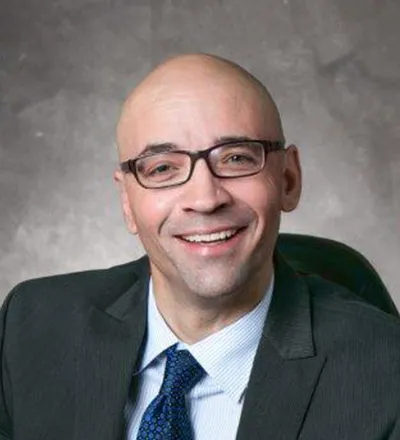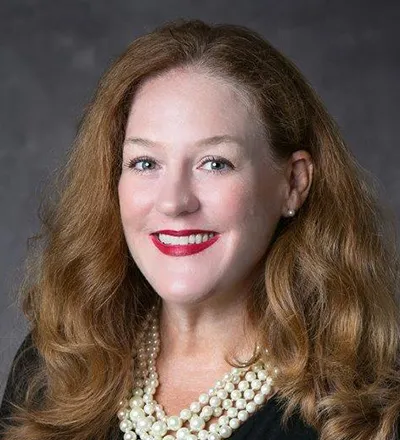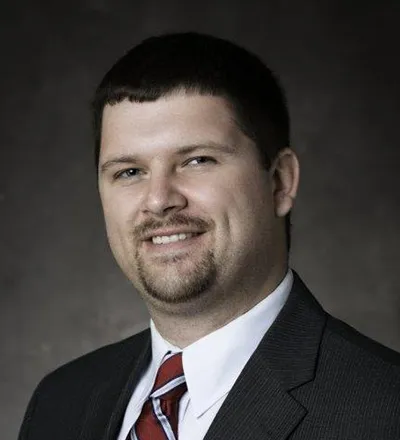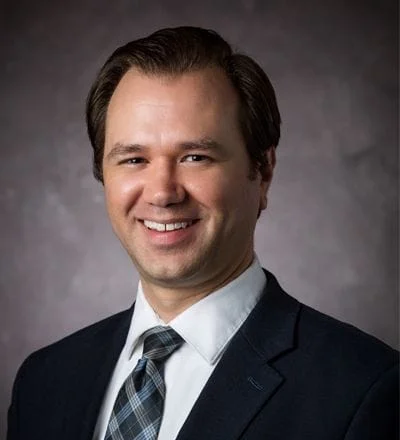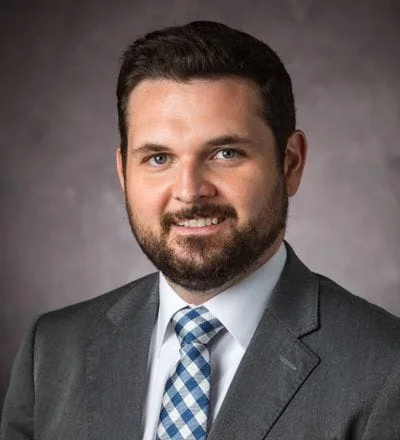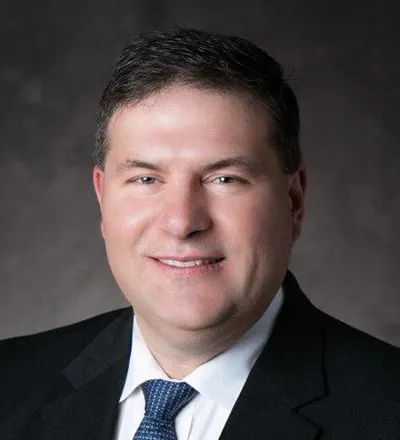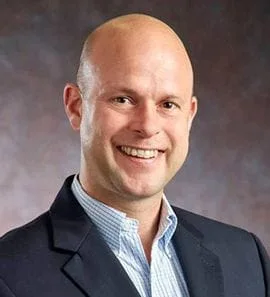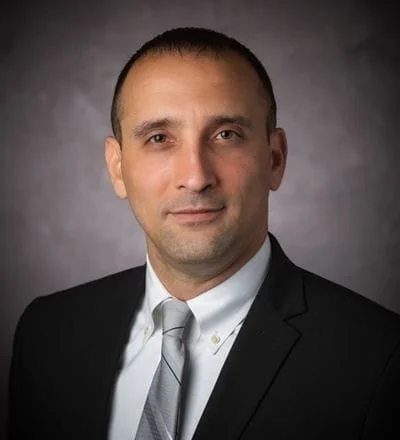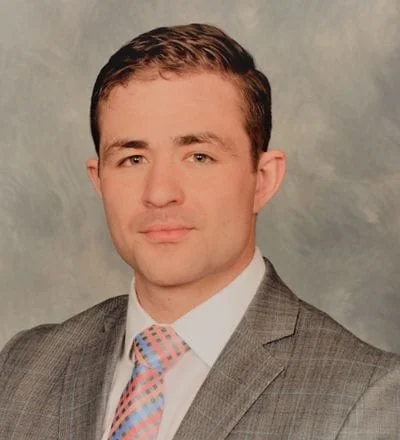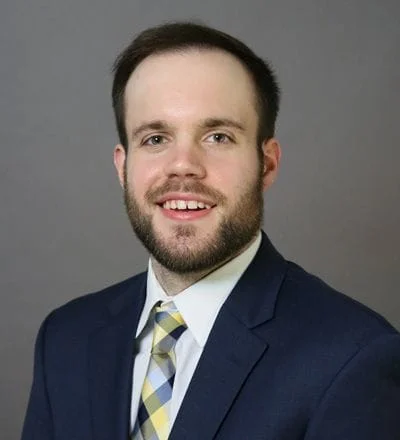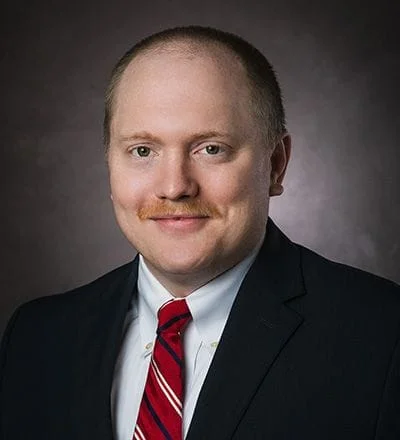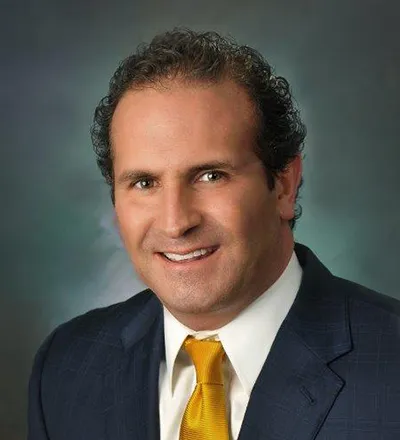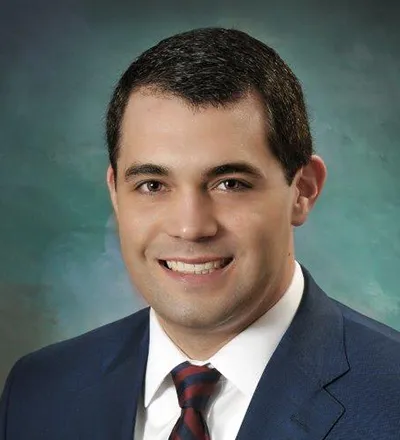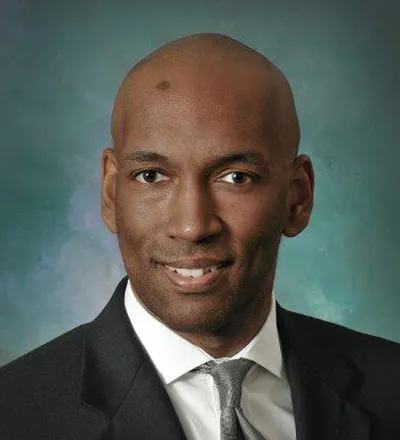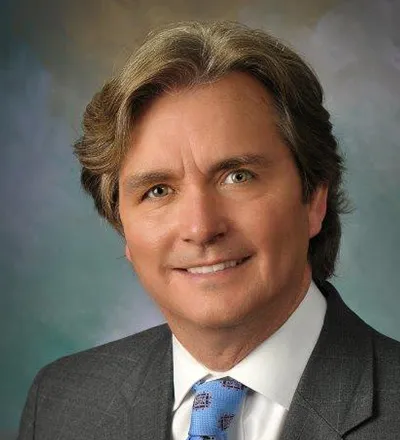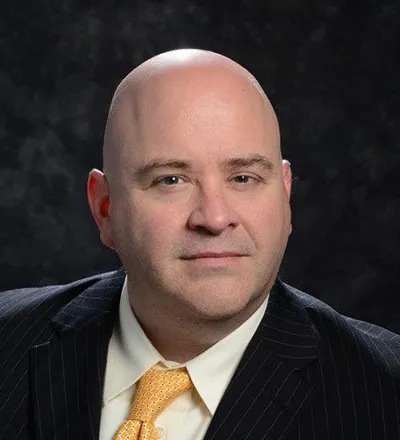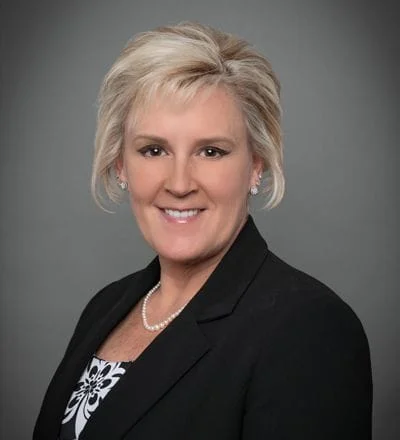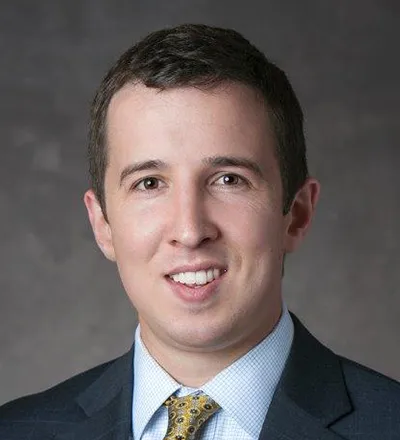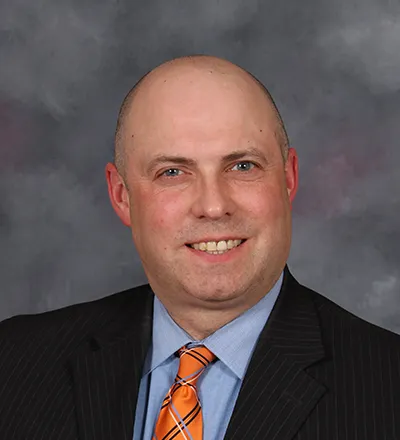
- posted: Apr. 20, 2022
- Employment Law
The Family Medical Leave Act (“FMLA”) gives employees of many organizations the right to up to 12 weeks of unpaid leave to care for a new child, to deal with a serious health condition or to care for a family member with a serious health condition. However, the FMLA addresses employers’ legitimate concerns about limiting leave to employees who truly meet the eligibility requirements.
Before granting leave under the FMLA, an employer is entitled to request that the employee provide a medical certification of the health issue. Furthermore, FMLA regulations provide that an “employer who has reason to doubt the validity of a medical certification may require the employee to obtain a second opinion at the employer's expense.” This can happen when the employer questions whether the certification itself is valid or when there are internal inconsistencies within the certification.
There is no clear standard under the law for what constitutes a reason to doubt the validity of a medical certification supporting an FMLA leave request. If, as an employer, you have a reason to question a certification, you should contact an experienced employment attorney who can thoroughly analyze how the statute, regulations and case law applies in your situation.
Also keep in mind these important aspects of requesting second opinions in FMLA cases:
- Who picks the health care provider to give the second opinion? —The employer may choose the health care provider to provide the second opinion. The employer may not, however, choose a health care provider that the employer regularly retains.
- What happens if the second opinion agrees with the initial medical certification? — If the second health care provider agrees with the first that there is a serious health condition under the FMLA, the employer is bound to grant the requested leave.
- What happens if the second opinion disagrees with the initial medical certification? — In this situation, the employer may demand a third opinion, for which the employer and employee must both agree on the healthcare provider to be consulted. The opinion of the third provider will be final and the employer and employee must comply with its conclusions. As with the second opinion, the costs of a third opinion must be borne by the employer.
The FMLA places heavy burdens on an employer challenging a requested leave and imposes serious penalties on employers who do not follow the law. At Pullin, Fowler, Flanagan, Brown & Poe, PLLC in West Virginia, we are dedicated to giving employers solid counsel on FMLA compliance. Call us at 304-344-0100 or contact us online to discuss how we can help you.


